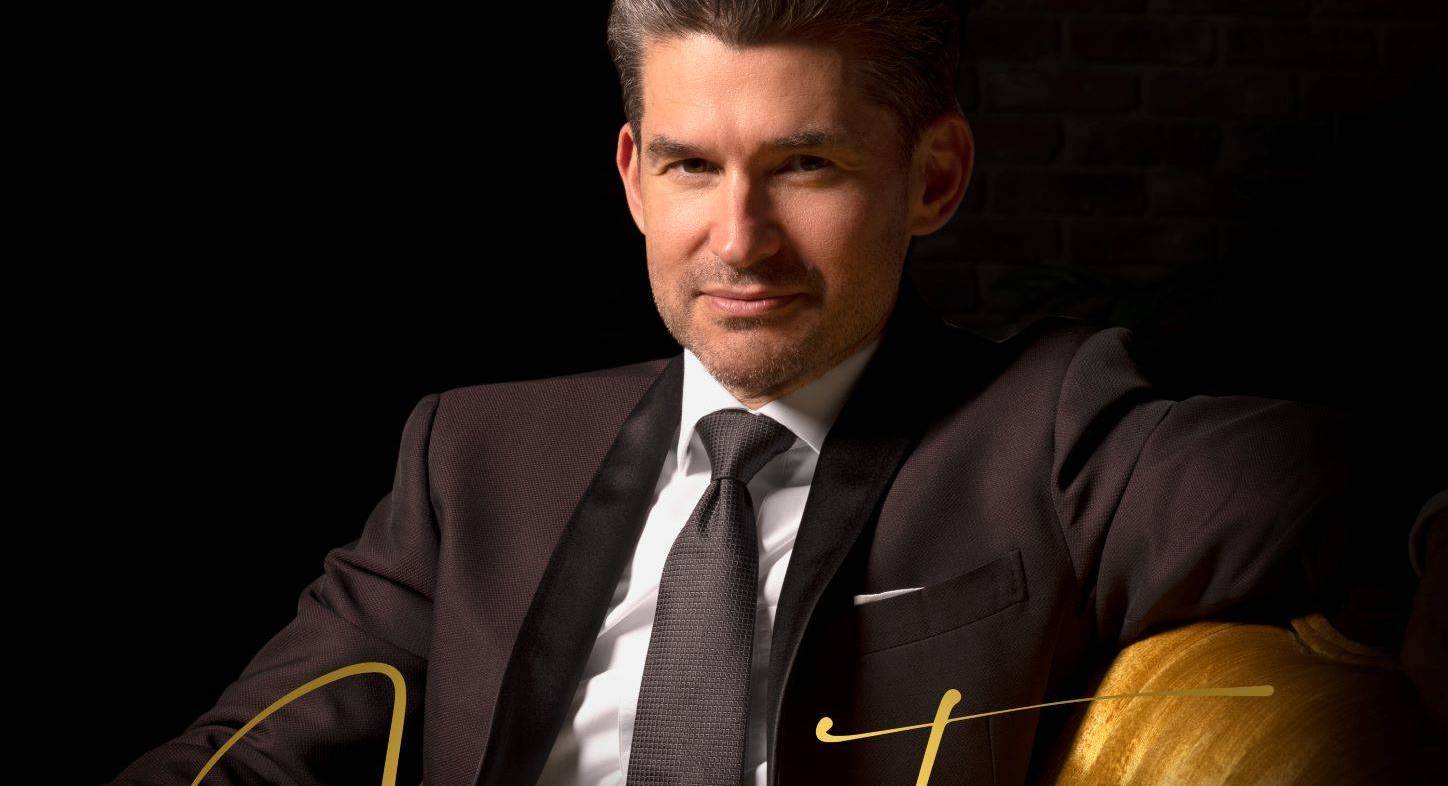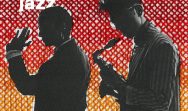In hopes of carrying Frank Sinatra’s music into the future, Matt Dusk has just released the second album filled with his renditions of Sinatra’s classics. Matt and I had opportunity to chat about the record Sinatra’s enduring phenomenon, and the magic of (live) music.
I’m glad that we get to talk about your newest album, Sinatra Vol. 2. Why do you think Sinatra’s music has such an enduring, universal appeal? What made you want to record not one but two albums with his songs?
I think Sinatra comes from one of the most famous periods of male crooning in the jazz genre. His music is associated with so many different emotions, but one of my favourites is the up-tempo, fun, party atmosphere. I’ve been singing jazz music for over 25 years. When I first started, a lot of the music that I was singing were standards that Frank Sinatra recorded. I think he recorded over 1,200 songs, and it’s hard as a male singer to sing something that he didn’t record before. So there might be a volume 3, 4, or 5, it doesn’t matter. There are so many great tunes to choose from.
Definitely. Was it hard to choose to choose the ones you wanted to record? What was the selection process like?
I think that wanting to record something and putting out an album are two different things. When you’re making a record, you want to create the songs that are most known because when people come and see the live concert, they will have memorised every word and they can sing along.
For me, it was recording songs that I’ve been singing for 25 years.
Can you recall the first time you heard one of them? What are your earliest memories associated with Frank’s music?
I was 16 or 17 years old, I had never heard his voice, I’d never heard big band jazz vocal singing.
I put the headsets on, I had my Sony discman, and the music took me back in time to where everyone would dress up in tuxedos, people would be smoking cigarettes and having martinis and everyone was having a party. I love the way that the men would dress back then, so the music was just a soundtrack. That’s how I saw the visual of it.
Is it fair to say that that was actually what got you into music?
Professionally, yes. After I heard Sinatra’s voice and that beautiful big band, I started to get karaoke cassettes, sing in my basement with my suit on and pretend I was Frank Sinatra [laughs].
As you’ve said, these standards have been sung so many times. Was it your goal to somehow make them your own? Was that important to you?
Well, it’s hard because, in my opinion, there is no one better than Frank Sinatra. However, Frank Sinatra is dead, he is no longer here. I think the reason he was so important is because of the live music. The recording was part of it, but to see a performer live is very special. Even if you look at someone like Tony Bennett, who has been performing for over 70 years, why does he do it? He doesn’t have to do it, but he wants to do it because there is something special about the live performance. Why do we go see opera? Why did we have the 18th Chopin Competition? Because people still love the live performance. All I’m trying to do is to carry that music into the future. Of course I’m not Frank Sinatra, so there has to be some difference. That’s what it is – I’m not him [laughs].
How did you choose the artists you wanted to collaborate with on this album? Was it difficult, or did you know right away whom you wanted to work with?
It’s always difficult to choose… but when I sang “Learnin’ the Blues” with Kuba [Badach] on the last record, I remember the first time I got his vocals back and thought, “This guy was meant to sing this kind of music.” So how do you do the next version different or better? Or something unique and new?
Did you want it to be something different this time?
I just couldn’t do another track with Kuba, we already did that. We had to add something different, so then the whole thing with Natalia Kukulska came up because my wife used to listen to her when she was younger. The same thing happened with Andrzej Piaseczny. All I could do as a producer was say, “Hey, Frank Sinatra had the Rat Pack, why can’t we do the same? Why can’t we all sing these songs?”The more people sing them, the more market there is for them because people can fall in love with them.
I’m curious how you it felt to hear, and even sing, some of the lyrics, in Polish. How you gotten comfortable with it?
I sang in a choir as a kid, so we had to learn German and French and Latin. We basically had to learn how to sing phonetically. With Polish, I don’t know what I’m singing, but I’m singing the phonetic words. My wife, who is monitoring me, just laughs the whole way through.
I have to say I was pretty impressed, I couldn’t really trace any foreign accent.
Thank you! That’s because Kuba and Andrzej were singing with me.
I know it’s always a bit of a tricky question, but do you have a favourite song on the record? If so, what is it, and what makes it special to you?
Yes, it’s that song [“That’s Life/Żyć tak”]. It’s my favourite because I’ve always wanted to put together a group of guys to sing. It’s hard, there’s not a lot of men who sing this kind of music anymore. Most are singing hip hop or pop music. So when the opportunity came to work with Kuba and Andrzej, it was like a dream come true. I kept on pushing, saying, “Let’s do the track, then we’ll do the music video.” I really pushed, and it was very hard to get their schedules together. I literally only had one day and four hours. I had to fly all the way over from Toronto three days before.
They’re like, “Okay, we’re doing it on Monday!”, and I’m like, Oh, it’s Thursday, I gotta take the flight. I fly over, we do the thing, everyone’s like, “Wow, what a cool idea.” Because how neat would it be to see all of us on stage together? It would be something so cool. In my opinion, people having fun together on stage, as a performer, is the best. That’s what I live for. So hopefully we’ll have a tour with all of us.
Sadly, your tour here in Poland has been postponed because of the pandemic. How do you feel about returning to the stage? I imagine that it must be quite emotional to think about performing in front of an audience after such a long time.
The tour is on now!
A couple weeks ago, I was in Las Vegas and I saw Bruno Mars perform to a full theatre of 5,000 people. It was the first time I’ve actually seen a concert in 20 months. At first you’re like, “This is weird”, but after a while you’re like, “This is why live music will never die.” The emotion and the experience you can get from a live concert…There’s no moment but that moment. It’s like making love or something. It’s so amazing and then it ends, and you’re like, “Oh, where am I?”.
Are you saying that both as a performer and an audience member?
I love music. I mean, you can’t capture that sound quality that you can from big speakers and a band playing on stage. That to me is the most exciting part.
Speaking of emotions, how do you hope people feel about the new album?
I always say that my music put on in the background, and people should have some drinks so that the music sets the party atmosphere or is just like a cool soundtrack. I don’t just sit and listen to music with headsets. Music is always the soundtrack of my life. If people can have friends over and put the album on, pour a glass of wine… That for me is the mood and the atmosphere I want to set for an evening like tonight, Friday night.



